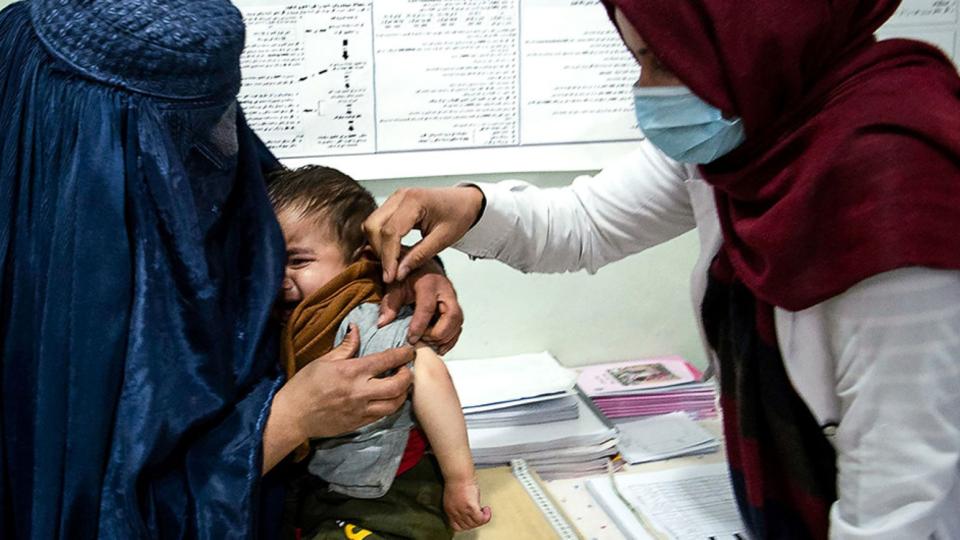The European Union has strongly criticized the Taliban for restricting women’s rights and barring access to education. Recent reports claim the Taliban leader ordered institutions in Afghanistan to stop offering medical education to women and girls. This applies to both public and private institutes.
The Taliban have neither confirmed these reports nor issued an official response. Efforts to contact the Ministry of Public Health for comments were unsuccessful.
When the Taliban regained power in August 2021, they banned girls’ education beyond grade six. In December 2022, they prohibited women from attending universities. Medical fields like nursing and midwifery were among the last options for women to study in classrooms.
However, recent developments suggest this path is now blocked too. According to the BBC and other media outlets, five institutions in Afghanistan were instructed to suspend classes for women in medical programs. Female students training as midwives and nurses were told not to return to their institutes starting Wednesday.
A 22-year-old midwifery student shared her distress after learning about the closure of her classes. She had already switched from a law degree after the Taliban banned university education for women. This latest decision left her shocked.
“At first, I couldn’t believe it,” she said. “Then I cried for hours. We had this one opportunity to study, and now it’s gone.” Her dreams of pursuing education have been shattered twice under Taliban rule.
Another young woman, who once dreamed of becoming a military pilot, had turned to midwifery. She wanted to address Afghanistan’s high maternal mortality rates by working in a hospital. On the day of her semester exam, she was told she could no longer attend classes.
“It was devastating,” she said. “They destroyed my hopes once again.” Both women spoke anonymously, fearing retaliation. Open criticism of the Taliban remains rare.
The European Union called the reported ban a serious violation of women’s basic rights. It described the decision as an unjustified attack on education and urged the Taliban to reverse their policy.
“This decision deepens Afghanistan’s humanitarian crisis and increases the suffering of its people,” the EU stated.
The World Health Organization (WHO) is working to confirm these reports with Afghan officials. Margaret Harris, a spokesperson for WHO, warned of severe consequences if the ban remains in place. She highlighted the importance of training female health workers for the country’s healthcare system.
A senior Afghan health official expressed concerns over the impact of this suspension. Speaking anonymously for safety reasons, he warned of a worsening maternal and child mortality crisis, especially in remote areas.
“If women are not trained as health workers, healthcare services will collapse in many regions,” he said. “There is already a shortage of female doctors, midwives, and nurses in distant districts.”
Afghan cricket star Rashid Khan also criticized the Taliban’s move. He emphasized that Islamic teachings encourage education for both men and women. He appealed to the authorities to rethink their decision, especially for the sake of the medical sector.
“The shortage of female doctors and nurses severely affects the healthcare and dignity of women,” Rashid wrote on Facebook. “It is essential for our mothers and sisters to receive care from professionals who understand their needs.”
The Taliban’s ban on women’s education continues to draw sharp criticism worldwide. Its consequences for Afghanistan’s healthcare system and society are becoming increasingly dire.


